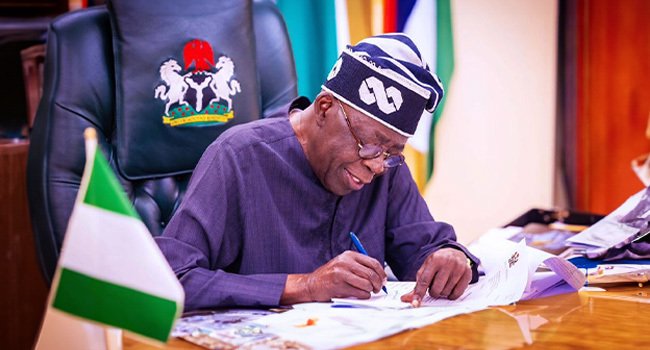
Lagos state governor, Babajide Sanwo-Olu, has called for the building of a sustainable tax culture anchored on transparency, accountability, and efficiency in tax administration.
Sanwo-Olu in his address at the 26th Annual Tax Conference of the Chartered Institute of Taxation of Nigeria (CITN) hinged his argument on transparency, accountability, and a shared sense of responsibility by every Nigerian.
The governor, represented by his special adviser on taxation and revenue, Abdul-Kabir Opeyemi Ogungbo, emphasized the importance of earning taxpayer trust.
He said: “Taxpayers need to see that their contributions are being used effectively for public services and infrastructural development. This transparency he noted is essential for building a “sustainable tax culture.”
The governor called for a fundamental shift in perspective regarding tax payments.
According to him, “On the part of the taxpayer, there is need to be a shift in mindset. Paying taxes should not be seen as a burden but as an investment in our collective future.”
By viewing taxes as an investment, Nigerians can become more engaged participants in nation-building.
Sanwo-Olu acknowledged the significant economic challenges facing Nigeria.
He stressed that “building a strong and sustainable future through a robust tax system that fosters economic growth and development, could not be overemphasized.”
A well-designed tax system can provide the resources needed to address social needs and invest in infrastructure.
The governor also noted the need for a “clear economic roadmap” that considers “the architecture of our developmental ideologies. This roadmap should guide the development of a tax system that “incentivizes investment, job creation, and economic diversification.”
Sanwo-Olu commended recent efforts to “streamline state-level taxes” and integrate the growing remote workforce into the tax net.
He pointed to the importance of “exploring innovative ways to expand the tax base.”
However, this expansion should not come at the expense of economic growth. He highlighted the need for a business environment that allows the Nigerian economy to “thrive.”
The governor painted a vision of a thriving tax system that empowers Nigerians.
He stated: “A thriving tax system is not just about collecting revenue, it’s about empowering Nigerians to be active participants in nation-building.” By ensuring a system built on “transparency, efficiency, and a sense of shared responsibility,” Nigeria can “unlock its true economic potential.”
Earlier, Samuel Agbeluyi, President and Chairman of the CITN Council, addressed the issue of digital revenue collection. He argued for investment in “technology and people” at the sub-national level to effectively track revenue in the “digital space including cryptocurrency.”
Agbeluyi also emphasized the importance of financial and administrative autonomy for revenue authorities to “empower them to effectively administer taxes.”
Adeyemi Sanni, the chairman of the conference planning committee, highlighted the need for collaboration in achieving “meaningful fiscal development over the long term.”
He stated that a strong tax culture requires a concerted effort from “all stakeholders, including the government, tax professionals, and taxpayers themselves.”
Panelists at the CITN conference agreed on the importance of a multifaceted approach to tax reform in Nigeria. Building a tax system based on transparency, shared responsibility, and a focus on economic growth they said will be crucial for unlocking Nigeria’s true economic potential.




